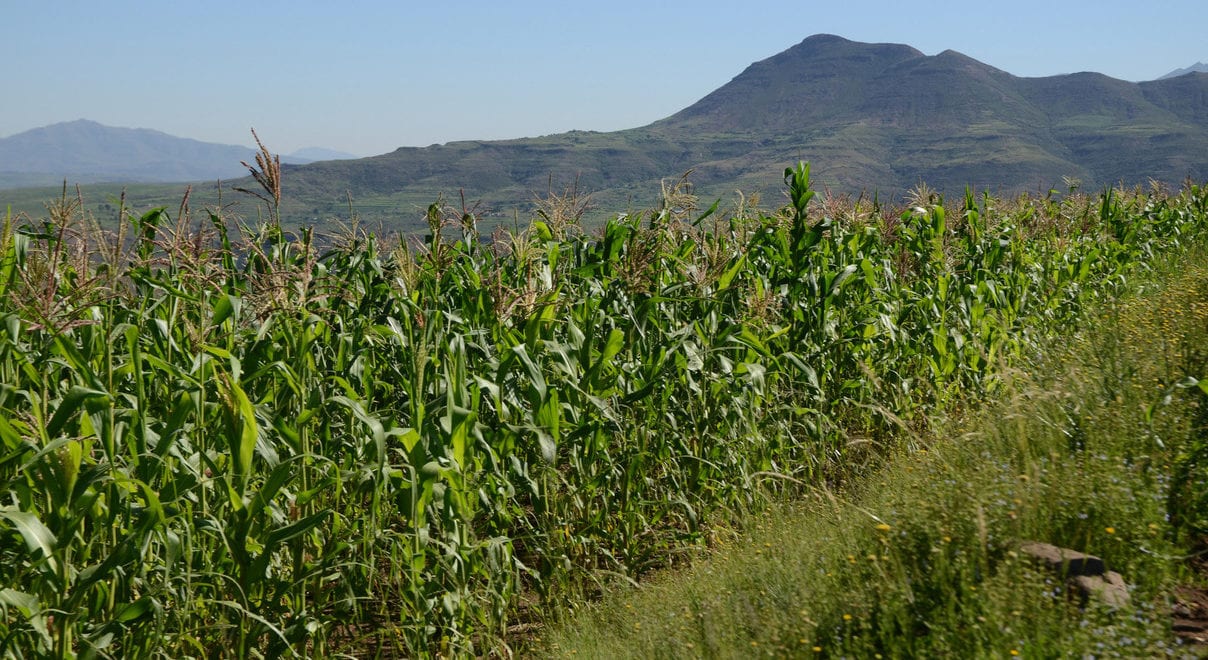President Biden’s nominee for Ambassador to the U.N. Food Agencies has lots of experience in national security, but none in food security.
President Biden has nominated Jeffrey Prescott to be the new U.S. Ambassador to the U.N. Food Agencies, replacing Cindy McCain, who is now leading the U.N. World Food Programme. Unlike Cindy McCain, Jeffrey Prescott will bring significant diplomatic experience to critical U.N. spaces like the U.N. Committee on World Food Security (CFS) and the U.N. Food and Agriculture Organization (FAO), which are vital for ensuring sustainable food production and ending hunger.
However, Jeffrey Prescott’s expertise is in national security, not food security, indicating that President Biden sees the U.N. Food Agencies – and especially the Committee on World Food Security (CFS), the security council for food and agriculture – as a new theater in ongoing geopolitical conflicts with rivals like China and Russia.
Tristan Quinn-Thibodeau, Senior Policy Campaigner for Food and Land at ActionAid USA, said:
“This nomination was President Biden’s opportunity to launch a new era in global food security and to cement the role of the U.S. as a leader in ending hunger and poverty and fighting climate change. Instead of nominating someone who was an expert in food security and cooperation, he nominated someone who was an expert in national security and conflict.”
A recent article in Devex by William Mosely, a professor of Geography at Macalester College and a member of the Steering Committee of the U.N. High-Level Panel of Experts for Food Security and Nutrition, recently called for President Biden to nominate someone “with the technical expertise and diplomacy skills necessary to foster better international cooperation” in order to ensure “legitimate leadership in addressing the increasingly severe global food crisis.”
As ActionAid USA, we agree with what other experts have written regarding this Ambassadorship, which is that expertise in food security, a deep understanding of the human right to food, and a commitment to cooperation, are essential to addressing the growing food crisis and the quickly worsening climate crisis, as we similarly wrote two years previously.
Alberta Guerra, Senior Policy Analyst at ActionAid USA, said:
“We need a U.S. Ambassador who understands that the world produces more than enough food for everyone and that ending hunger is about fair distribution and access, not just increasing crop production. We invite Jeffrey Prescott to learn about these important issues and to guide global and U.S. action toward addressing all of the six dimensions of food security: availability, access, utilization, stability, sustainability, and agency. That means ensuring that food producers themselves – not just the food companies – are at the center of policies.”
Important work at the UN CFS to address the climate crisis, sustainable agriculture, and rural hunger and poverty has recently been derailed by geopolitical debates, often initiated by the U.S. The Trump Administration objected to an Iranian diplomat being involved in CFS negotiations, even though his involvement was quite normal, disrupting the negotiations and damaging the U.N. culture of respectful and collaborative decision-making and problem-solving.
The Biden Administration should reject this politicization and co-optation of diplomatic spaces, which are critical to ensuring and protecting food for all.




